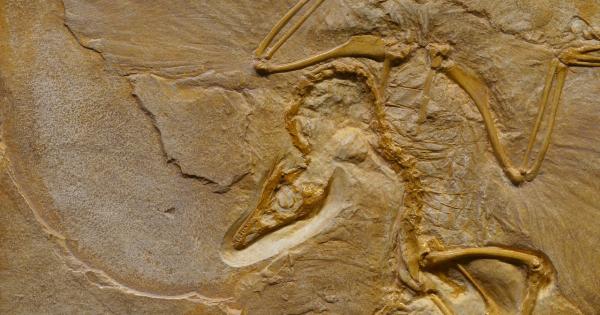When bringing a new puppy into your household, there is always a sense of excitement and wonder at what kind of dog they will grow up to be. Over time, you will start to observe unique traits and quirks that make up their individual personality.
It is important to understand that a puppy’s personality is not set in stone from the moment they enter the world. Rather, it is shaped by a variety of factors, including genetics, environment, and socialization. In this article, we will explore how a puppy’s personality develops over time and what you can do to help them become their best selves.
Genetics
Just like humans, a puppy’s personality is determined in part by their genes. Different breeds of dogs have been selectively bred over time for specific traits, such as hunting, herding, and companionship.
This means that certain breeds are more likely to exhibit certain personality traits than others. For example, a Labrador Retriever is typically known for their friendly and outgoing nature, while a Chihuahua may be more feisty and energetic.
While genetics play a role in a puppy’s personality, it is important to note that genetics is not the sole determining factor.
Puppies from the same litter can have vastly different temperaments, and individual experiences can shape how genetics are expressed.
Environment
The environment a puppy grows up in can have a profound impact on their personality development. This includes factors such as where they live, who they live with, and what kind of experiences they have.
A puppy who is raised in a chaotic or unstable environment may develop a more anxious or fearful personality, while a puppy who is raised in a calm and nurturing environment may be more laid-back and confident.
It’s important to provide your puppy with consistent and positive experiences to support their personality development.
This includes providing a safe and comfortable living space, exposing them to new people and situations in a positive way, and ensuring they have access to adequate exercise and socialization opportunities.
Socialization
Socialization is a critical aspect of personality development in puppies. During the first few months of a puppy’s life, they are especially receptive to learning and experiencing new things.
This is why it’s important to expose them to a variety of people, animals, and environments during this formative period.
A well-socialized puppy is more likely to develop into a confident, well-adjusted dog.
Socialization can help your puppy learn to trust and feel comfortable around different kinds of people and animals, as well as navigate new and potentially stressful situations in a calm and confident manner.
There are a variety of ways to socialize your puppy, including puppy socialization classes, regular visits to the dog park, and supervised play dates with other well-behaved dogs.
It’s important to make sure that any socialization experiences are positive and safe for your puppy. Avoid overwhelming them with too much stimulation at once, and always supervise any interactions with other dogs or animals.
Puppy Development Stages
Understanding the different stages of puppy development can be helpful in predicting and shaping their personality. The following are some key stages of puppy development:.
Neonatal Stage (0-2 Weeks)
During the neonatal stage, puppies are completely dependent on their mother and littermates for warmth, nutrition, and stimulation. They are not yet able to see or hear, but can crawl and use their sense of smell to find their mother’s milk.
Transitional Stage (2-4 Weeks)
During the transitional stage, puppies start to become more aware of their surroundings. They start to open their eyes and ears, and begin to explore their environment more.
They also start to develop social skills, and will start playing with their littermates.
Socialization Stage (4-14 Weeks)
The socialization stage is a critical period of development for puppies. During this time, they are learning about the world and developing their personality.
Puppies that are exposed to a variety of people, animals, and environments during this stage are more likely to grow up to be confident and well-adjusted dogs.
Fear Imprint Stage (8-10 Weeks)
During the fear imprint stage, puppies are especially susceptible to developing fears and phobias.
Negative experiences during this time can have a lasting impact on a puppy’s personality, so it’s important to provide a supportive and positive environment. Avoid exposing your puppy to scary or overwhelming experiences during this stage.
Rapid Learning Stage (3-6 Months)
During the rapid learning stage, puppies are able to learn quickly and are receptive to new experiences. This is a great time to start obedience training and introduce your puppy to new activities and experiences.
Fear of New Objects Stage (6-14 Months)
During the fear of new objects stage, puppies may become more cautious and suspicious of new objects and experiences.
This is a normal developmental stage, but it’s important to continue socializing your puppy in a positive way to help them overcome their fears.
Solution Stage (1-4 Years)
During the solution stage, most of a dog’s personality is already formed. However, they may continue to learn and adapt throughout their lifetime, depending on their experiences and environment.
It’s important to continue providing positive experiences and training throughout their lifetime to help them continue to develop and grow.
Conclusion
A puppy’s personality is shaped by a variety of factors, including genetics, environment, and socialization.
By understanding the different stages of puppy development and providing a positive and supportive environment, you can help your puppy grow into a confident and well-adjusted adult dog.






























